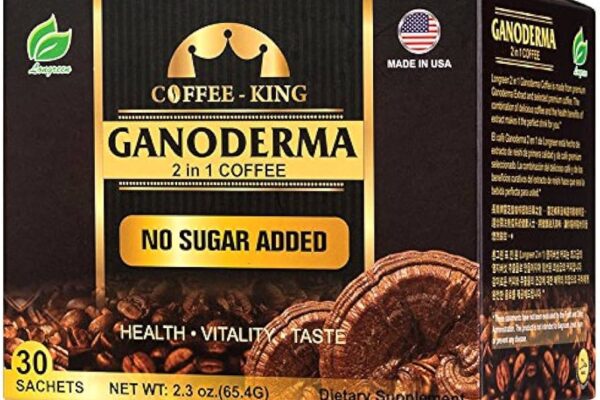Blog
How Can Coffee Beans Be Organic?
Coffee fans know the power of drinking organic coffee to increase energy levels and support brain health, but did you also know it can also benefit the planet and people involved in its cultivation? Since organic beans are produced without synthetic herbicides, pesticides or fertilizers used during cultivation, their soil becomes healthier with increased levels of essential vitamins resulting in an enhanced cup of java!
Non-organic coffee farms employ conventional farming techniques, including synthetic chemical sprays and genetically modified organisms (GMOs), to maximize yield while cutting costs while creating harm to both human and environmental health. Conventional coffee production results in land degradation, biodiversity loss and greenhouse gas emissions increases. Conversely, organic production adheres to certified agricultural standards with stringent supply chain management processes in order to achieve USDA organic certification – this certification shows consumers that your product meets high-quality standards that support its production.
How Can Coffee Beans Be Organic? In order to qualify as organic, coffee must not contain any synthetic chemicals or GMOs, as well as natural fertilizers to promote plant health and eliminate pests. Farmers must also implement sustainable crop rotation plans in order to minimize soil erosion and deplete vital nutrients; direct sunlight weakens plants which increases vulnerability against pests and diseases – to decrease this risk they must use organic seeds during planting for maximum effectiveness and reduced cross-contamination risks.
Turning conventional coffee farms into organic requires time and dedication. Accreditation with organic standards typically requires three years of cultivation during which farmers must use only approved natural fertilizers and pesticides; additionally, coffee must be stored and shipped without contamination from synthetic chemicals – this process isn’t easy!
Organic coffee may be more costly than its non-organic counterpart, posing a financial challenge to many consumers. But many are willing to pay the additional cost in order to help protect the environment and support our favorite farmers whose beverages we enjoy so much. Furthermore, some organic brands are Fair Trade certified, guaranteeing that premiums paid directly back into farmers’ pockets in an equitable and transparent way.
No one should expect everyone to switch entirely to organic coffee, but we can all take steps towards creating a better world. By opting for it when available or advocating for it when necessary, we can send a strong signal that we want more eco-friendly products that not only benefit the planet and people involved with growing them but taste delicious too! In fact, a 2024 study published in Food Quality and Preference found that consumer preferences for organic coffee were driven both by sensory enjoyment as well as utilitarian values; further demonstrating its worthiness.




